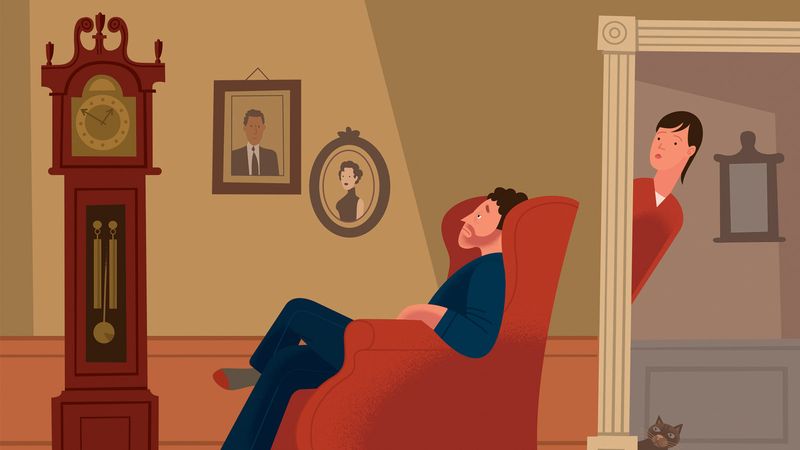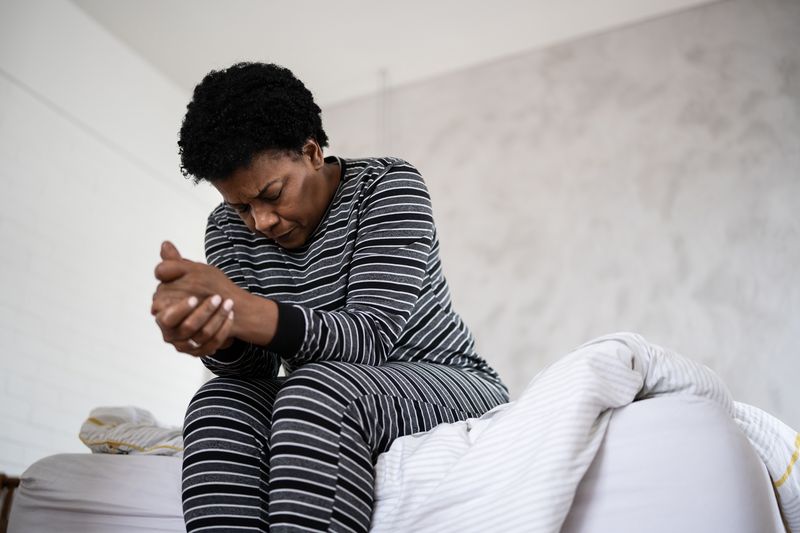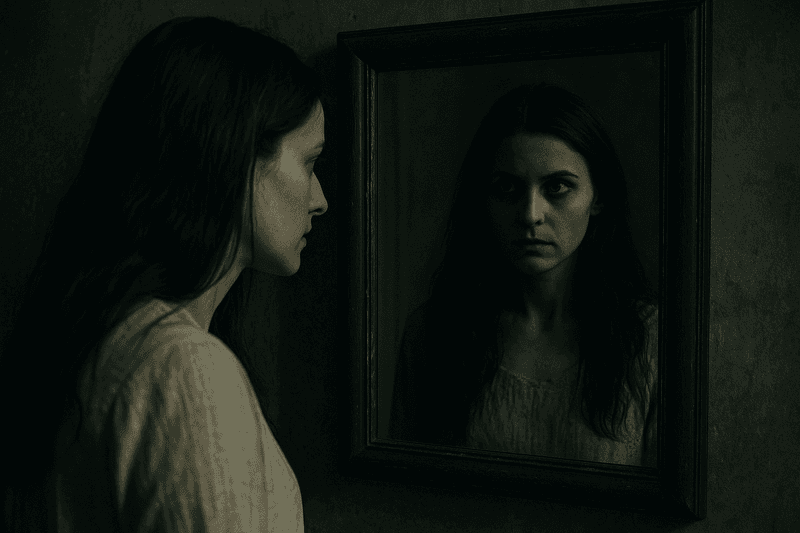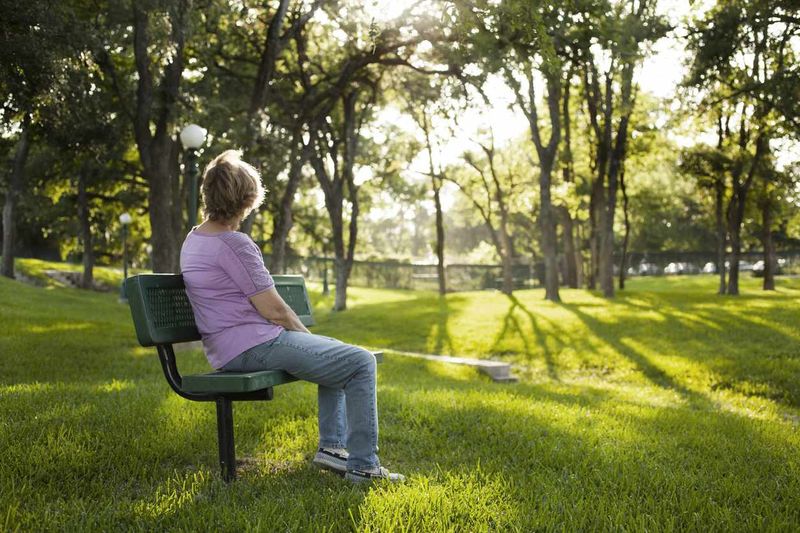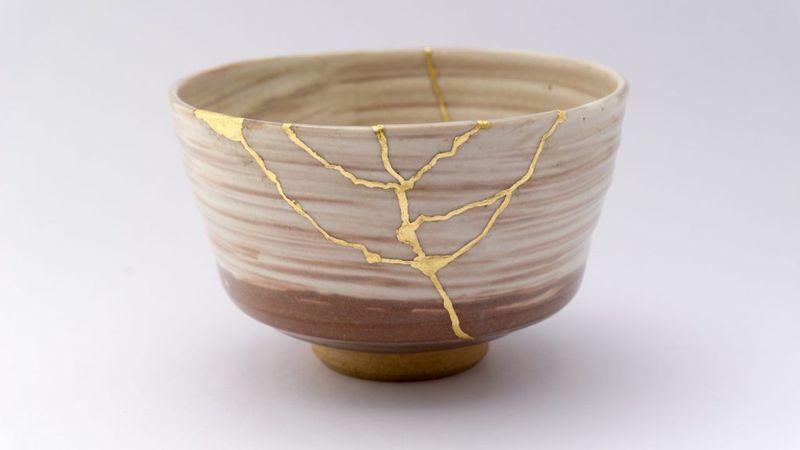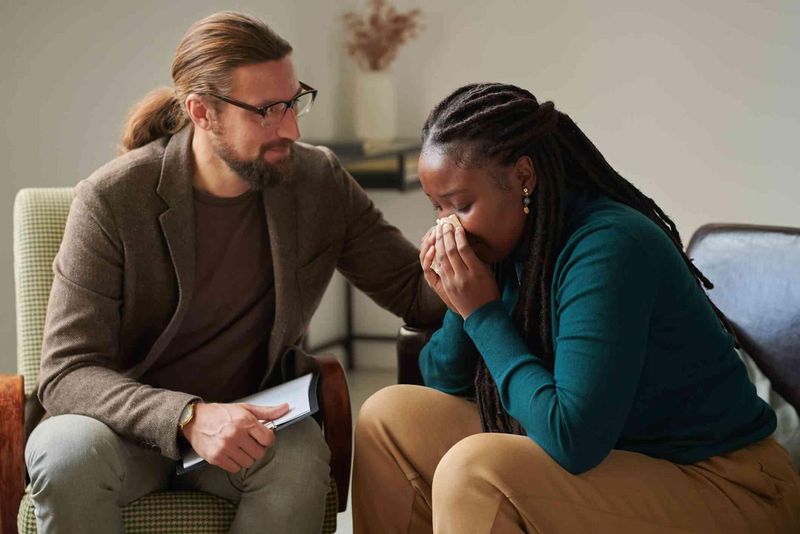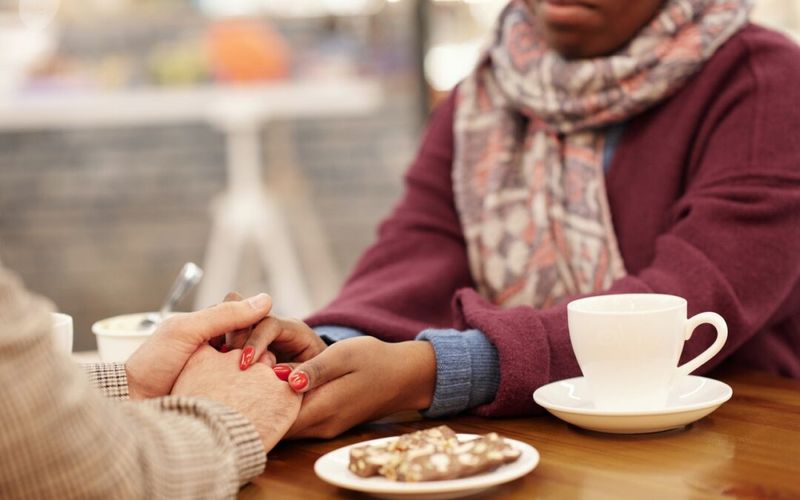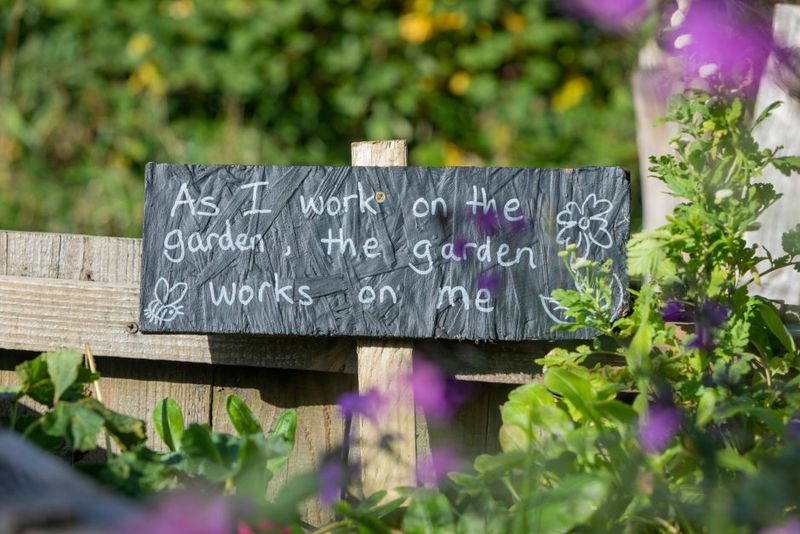I used to think I understood loss. Didn’t we all? You hear the stories, you send the flowers, you say the “I’m so sorry”s. But when it’s your person gone? Whole different world. Maybe you think you get grief—until it grabs you by the collar and knocks the wind out of you.
There’s no manual for waking up to that kind of quiet. No script for pretending you’re fine when your heart’s throwing punches. And the worst part? The world doesn’t stop. It just keeps going, like nothing happened—while you’re standing there, not even sure how to breathe right.
It’s true that you don’t know what it’s like until it happens to you. If you’re here, maybe you’re in it too. So let’s skip the sugarcoating. This is what grief really looks like. No filters. Just one raw, honest truth at a time—from someone who’s been there, still there, and figuring it out day by day.
1. Grief Doesn’t Respect Timelines
Ever tried to put a deadline on heartbreak? Grief laughs at calendars. I used to think you could just tough it out, mark a day, and be done. Turns out, the pain clocks in whenever it wants—not when you’re ready or when the world expects you to be okay.
Some mornings hit me sideways, years later. Anniversaries, birthdays, or just a Tuesday—the ache sneaks up and demands attention. No matter what you’ve read, there’s no “finish line” for this. It moves through you, curls up in unexpected moments, and refuses to be scheduled out of your life.
Honestly, I stopped expecting to feel better by a certain date. That’s when the healing started—when I let go of the timeline, and just let myself feel.
2. The World Moves On Without You
I remember sitting in a café, watching people laugh and scroll their phones like nothing happened. My world had crumbled. Theirs hadn’t. That disconnect nearly broke me.
No one tells you how isolating it feels to carry loss while the world just keeps spinning. People keep going to work, planning vacations, posting photos. It feels like a betrayal—the sun still rises and nobody slows down.
But here’s the weird truth. Life doesn’t pause for our pain, and that’s not cruelty. It’s just life. Eventually, you’ll move too, even if you’re still carrying a piece of that emptiness. You’re not behind, you’re just living something they can’t see.
3. Well-Meaning Words Can Sting
“They’re in a better place.” I lost count how many times I heard it. People mean well, but their words can land like salt in a wound. Sometimes, I wanted to scream. Other times, I just nodded politely, wishing I could disappear.
Grief scrambles your patience for clichés and platitudes. When someone tells you to “stay strong,” it can sound like an accusation. The truth? You don’t have to be grateful for every awkward attempt at comfort.
I learned to accept what people could give, awkward as it was. They didn’t know what else to say—and honestly, neither did I. Still, at times the best comfort was a quiet presence, not a clever phrase.
4. Your Body Grieves Too
This isn’t just in your head. My sleep vanished, my appetite disappeared, and my shoulders locked up so tight I thought I’d turn to stone. I didn’t know sadness could physically hurt.
Fatigue becomes a second skin. At times your body just sits down and refuses to get up, no matter what your mind demands. You ache in places you didn’t know you could.
No one warns you about this part. You can’t think your way out of a body that’s grieving. You just have to let yourself rest, even if you think you should be “moving on.” It’s not weakness; it’s survival.
5. Memories Fade in Strange Ways
I thought I’d always remember everything—her laugh, his voice, how they made coffee. But memories are slippery. The details start to blur, even when you fight to keep them sharp. It’s terrifying and strangely normal.
Some memories stick like glue, others vanish overnight. I found myself clinging to old voicemails, scribbled notes, even the way they signed their texts. That desperate scramble to capture every detail? You’re not alone in it.
But here’s the gentle part: the love doesn’t fade, even when the details do. At times, what’s left is softer, less precise, but still deeply yours. And that’s okay.
6. Triggers Happen Everywhere
You think you’re fine until you’re not. It’s never the big stuff—usually, it’s cereal at the grocery store, a song in an Uber, a scent in the hallway. Suddenly you’re fourteen again, or five, or forty, and it hits you like a punch.
I started dreading certain aisles and avoiding playlist shuffle. There’s no logic to it. That’s what makes it so brutal. The world is booby-trapped with reminders, and you never know what will set you off.
So when you see someone crying in public over something tiny? Maybe it’s not tiny for them. Triggers are invisible tripwires, and they don’t care about timing.
7. Anger Is Part of Grief
I didn’t know how angry I could get. At fate, at doctors, at the universe, at everyone who got to keep what I lost. Sometimes, I even got angry at them for leaving.
Anger is messy. It doesn’t fit into sympathy cards or polite conversations. It’s ugly and honest, and it’s a real part of love. You can be furious and heartbroken at the same time.
No one tells you this is normal. Rage doesn’t mean you loved less—it means you cared enough to hurt. So if you’re mad at the world, you’re not broken. You’re just grieving, honestly.
8. You Lose Pieces of Yourself
I used to recognize myself. Now, sometimes I don’t. Parts of me went missing with the person I lost. This is personal vandalism.
It’s not just sadness—it’s identity theft. You lose routines, inside jokes, even the way you laugh. Suddenly, you’re someone who never got to say goodbye, or someone who carries secrets only the two of you shared.
Rebuilding is slow. I had to meet myself again, piece by piece. It’s not about becoming “whole” right away. It’s about learning to live with the gaps and letting new parts grow in.
9. Support Isn’t Always Obvious
I expected comfort from certain people. But sometimes, support came from the quiet coworker or the neighbor who just listened. The friend I counted on most vanished, while the one I barely called checked in every week.
Support doesn’t always look like casseroles or deep talks. In certain moments, it’s a text, a meme, or someone sitting in silence with you. There’s no script, and surprises happen—good and bad.
You don’t have to accept every offer, but don’t overlook the small gestures either. The right person shows up when you least expect it, even if you never knew you needed them.
10. Guilt Is Sneaky and Persistent
What could I have done differently? That question haunted me. Guilt wounds in a way nothing else does. It shows up at midnight, reminding you of every fight, every missed call, every time you let your guard down.
Even when you know it’s irrational, it sticks. Grief feeds it, and suddenly every memory is a courtroom drama starring you as the villain. I learned that guilt is just your love, looking for a place to go. It doesn’t make it true.
You can let yourself off the hook. If you loved them, that was always enough. Everything else is just static in the aftermath.
11. Laughter Still Happens
I caught myself laughing a week after the funeral. It startled me. For a split second, I felt like I’d betrayed my grief—and them. Isn’t this supposed to be somber?
Turns out, laughter sneaks in even on the worst days. At first, it’s nervous or bitter, but eventually, it’s real. You remember stories, old jokes, and suddenly it’s okay to smile.
Humor isn’t disrespectful; it’s proof you’re alive. Grief can’t take away the things that once made you happy together. That’s the punchline grief never expects: you get to feel joy again, and that’s not wrong.
12. You’ll Crave Their Advice
I still reach for my phone, ready to text him for advice about work, love, or what to make for dinner. The urge doesn’t fade. Some problems feel impossible without their opinion.
There’s a sting when you realize you’re the one who has to answer now. It feels unfair, even childish, to miss their guidance over the dumbest things. But love doesn’t stop needing reassurance, even when the person is gone.
Sometimes, I imagine what they’d say. It’s bittersweet, but that’s how I keep their wisdom with me—by letting it echo in the empty spaces.
13. Holidays Can Be Landmines
Nobody tells you holidays get weird. The first Thanksgiving, I stared at the empty chair until I wanted to flip the table. Every tradition felt off, and the silence was louder than any toast.
You brace for the big days—birthdays, anniversaries—but it’s the small rituals that sting. The way they carved the turkey or always brought the pie. Suddenly, you’re the unofficial historian, keeping those quirks alive.
You can invent new rituals. Or not. The point is, you get to decide what to keep, what to change, and when to say “not this year.” Grief changes holidays, but it doesn’t erase them.
14. Some Friends Will Disappear
Losing someone taught me who’d stick around and who would quietly fade. Some friends can’t handle your sadness. They change the subject, ghost your texts, or say nothing at all.
At first, I took it personally. I thought I was too much, or too broken. But grief makes people uncomfortable, and silence is easier than stumbling through the wrong words.
The ones who left? I let them go. It still hurts, but I’m grateful for the friends who leaned in, even when they didn’t have answers. You learn to treasure the ones who don’t flinch.
15. You Can’t Fix Everything
There’s no repair kit for heartbreak. I tried to fix the mess—read books, made lists, meditated, ran miles. Still, the cracks stayed. Some things can’t be fixed, and some pain just exists.
This isn’t defeatist, it’s real. The urge to “solve” grief is strong, especially for people who want control. I had to learn that allowing the mess to exist was the bravest thing I could do.
Letting go of the fix-it mentality let me finally breathe. You don’t have to have answers. Just show up, even if you’re not whole.
16. Love Doesn’t Expire
Love isn’t a subscription that runs out when someone dies. I kept waiting to “move on” and leave my feelings in the past, but love lingers. It evolves, changes shape, but it doesn’t vanish.
You might feel silly talking to photos or keeping old shirts. That’s not being stuck. That’s love, still doing its thing. The world obsesses over closure, but some doors don’t need to shut.
So keep loving in whatever awkward, quiet way you do. It doesn’t dishonor the past. It just means you haven’t run out of love to give.
17. Therapy Is Not Failure
I thought therapy was for other people. Strong people “figure it out.” But after loss, I ran out of answers and pride. Talking to a stranger felt weird but also—finally—safe.
Therapy didn’t erase my grief. It gave me language for the chaos, and a place to put questions that had no answers. I learned it’s not about fixing you, it’s about letting you be real.
You don’t have to go alone. If reaching out feels hard, remember: asking for help is its own kind of strength. Not weakness.
18. You’ll Redefine “Normal”
There’s before and after. After loss, “normal” feels like a foreign language. I tried pretending things were the same, but nothing quite fit. Eventually, I stopped apologizing for needing more time, more space, or less noise.
Redefining “normal” isn’t giving up—it’s permission to be changed. I learned to carry memories and sadness in the same backpack as laughter and new plans. My “normal” is messier, but it’s mine.
If your version of normal looks different than it used to, that’s not failure. That’s living.
19. You Can Hold Joy and Sadness Together
Sadness doesn’t demand all of you, all the time. I discovered that moments of joy and heartbreak can sit side by side. You can laugh at a memory, then cry over it seconds later. The heart has room for contradictions.
I stopped waiting to feel only happy or only sad. Life is a messy mixtape now—joy, pain, gratitude, regret—all layered together. Occasionally, the ache makes the sweetness sharper.
You don’t have to pick a side. The best days are the ones where you let both feelings exist, and don’t apologize for either.
20. Healing Isn’t Forgetting
People say “time heals,” but that always sounded fake to me. Healing isn’t about erasing what happened. It’s about growing around the loss, not leaving it behind.
I started planting new things—literally and figuratively. A new hobby, a little garden, a routine that belonged to just me. The memories are still there, but they don’t choke out the new growth.
This means learning to carry your loss differently. It becomes part of you, not all of you. That’s how you move forward—by remembering, not erasing.


